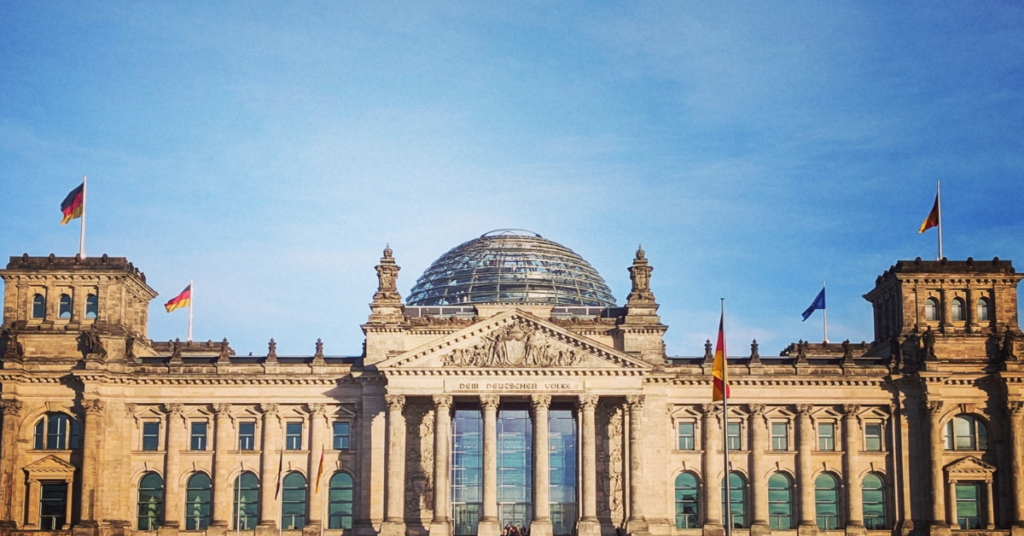MENA Immigrants in Germany
December 12, 2022

The influx of immigrants from the Middle East and North Africa (MENA) region into the European Union (EU) has been a topic of much debate and controversy in recent years. While some view these immigrants as a valuable source of diversity and talent, others see them as a threat to the EU’s social and cultural fabric.
One of the main drivers of MENA immigration to the EU has been the ongoing conflicts and instability in the MENA region. Syria has been a major source of refugees and asylum seekers, with millions of people fleeing the country’s brutal civil war. Other conflicts, such as the ongoing violence in Iraq and the political upheaval in Libya, have also contributed to the flow of immigrants into the EU.
Many MENA immigrants have sought safety and a better life in the EU, and have made significant contributions to their host societies. They have brought with them a wealth of knowledge, skills, and experiences that have enriched the cultural and economic life of the EU. For example, many MENA immigrants have opened businesses and created jobs, while others have become active members of their communities through volunteering and other civic activities.
However, the influx of MENA immigrants has also posed challenges for the EU. The large numbers of immigrants have strained the resources of some EU countries, particularly in terms of housing, healthcare, and education. In addition, the integration of MENA immigrants into EU society has not always been smooth, with some facing discrimination and prejudice.
Germany has seen a significant influx of immigrants from the Middle East and North Africa in recent years. These immigrants, often referred to as “MENA” (Middle East and North Africa), come from a diverse range of countries including Syria, Iraq, and Morocco.
Many of these immigrants have fled war and conflict in their home countries, seeking safety and security in Germany. In 2015, Germany alone received over one million refugees, many of whom were from the MENA region.
The influx of MENA immigrants has had both positive and negative effects on Germany. On the positive side, these immigrants bring a wealth of diversity and cultural richness to the country. They also provide a much-needed labor force, filling important roles in industries such as healthcare and construction.
However, the sudden influx of immigrants has also put a strain on Germany’s resources and infrastructure. The country has struggled to accommodate and integrate such a large number of immigrants, leading to tensions with native German citizens. To address these challenges, the German government has implemented a number of policies and programs aimed at integrating MENA immigrants into society. These include language classes, job training, and cultural sensitivity training.
The lives of Middle Eastern and North African (MENA) immigrants living in Berlin are often marked by a sense of struggle and resilience. Many come to the city seeking opportunities and a better life, but often face challenges such as language barriers, cultural differences, and discrimination.
One of the most significant challenges for MENA immigrants in Berlin is the language barrier. While German is the dominant language in the city, many MENA immigrants come from countries where German is not widely spoken, making it difficult for them to communicate and integrate into society. This can make it difficult for them to find work, access healthcare and education, and build a support network.
Another challenge for MENA immigrants in Berlin is the cultural differences between their home countries and Germany. Many come from societies that have different customs and traditions and may find it difficult to adjust to the norms and expectations of life in Berlin. This can lead to feelings of isolation and homesickness, as well as misunderstandings and conflicts with locals.
Despite these challenges, many MENA immigrants in Berlin can overcome these obstacles and build successful and fulfilling lives in the city. Many can find work in a variety of industries, and some are able to start their own businesses. Some can learn German and integrate into the city’s culture, while others maintain their cultural traditions and create vibrant communities within the city.
Overall, the lives of MENA immigrants in Berlin are a testament to their resilience and determination. Despite facing significant challenges, many are able to overcome them and build successful and fulfilling lives in the city.
Share Blog:
Empowering Peoples' Pockets
Empowch™, Empowch.com™ are trademarks of Bankey, LLC.
Copyright © 2022 Bankey, LLC
All Rights Reserved.
All other trademarks are the property of their respective.








